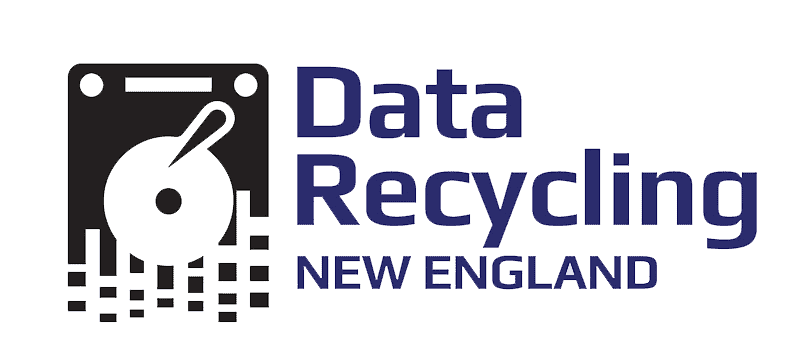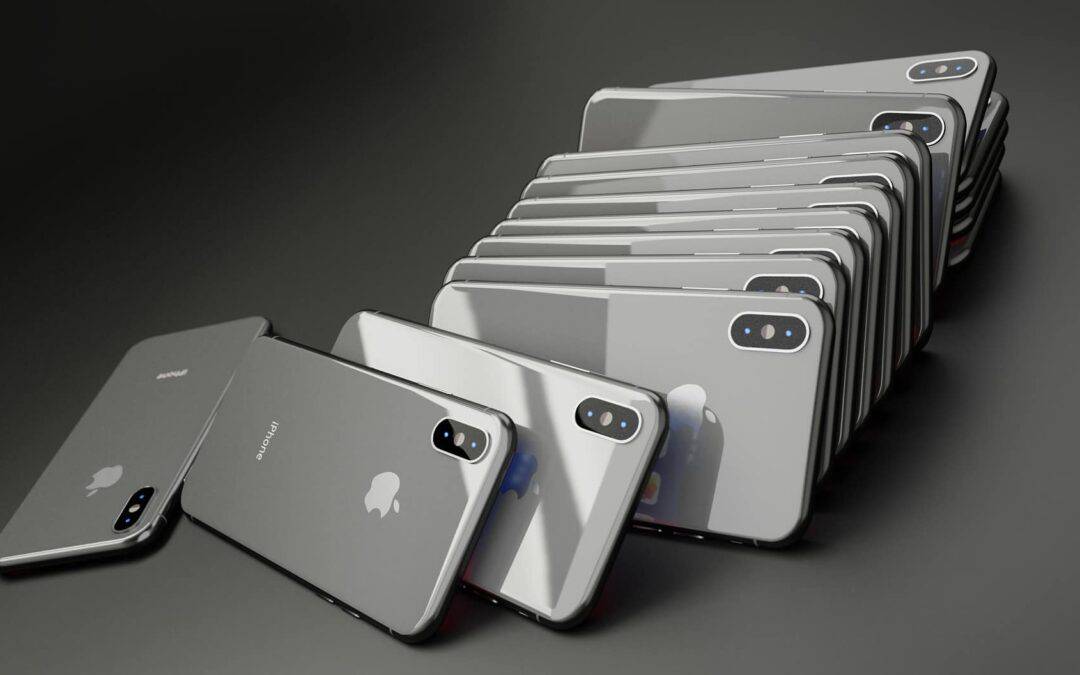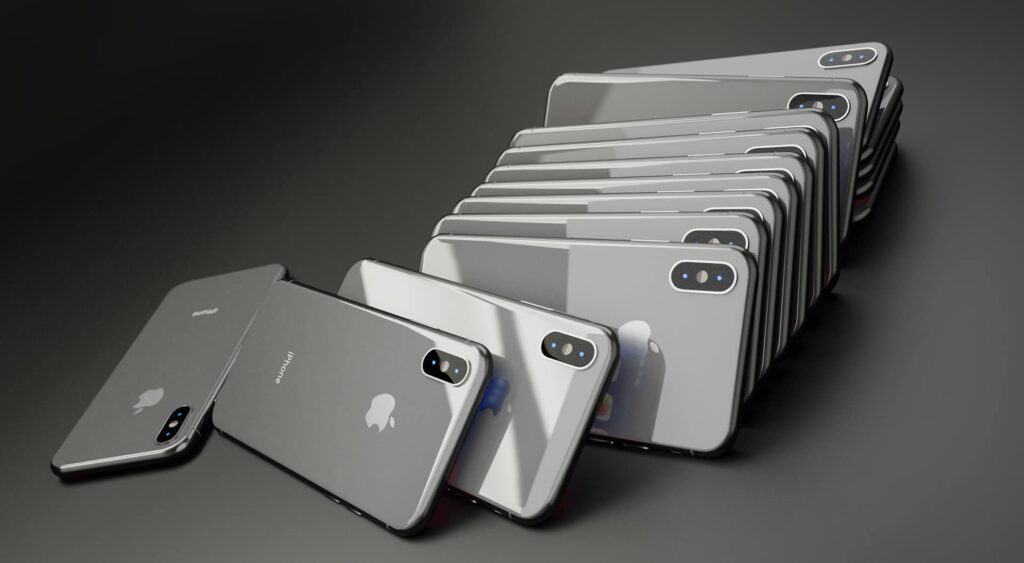Okay, we know it might be a little bit early to start talking about spring cleaning but for many people “spring cleaning” is a year round thing. And, with the recent release of the Marie Kondo series on Netflix about her much talked-about KonMari Method many folks are getting really into it. But when it comes to devices that no longer #sparkjoy how can you be sure that you’re disposing of them safely and securely?
The safest thing you can do when you put a device out of commission is to keep it in your possession, but we know it isn’t realistic to keep decades worth of cell phones, tablets, and PCs in your house. Even if you aren’t super into spring cleaning, you certainly don’t want to turn into a hoarder (there’s a TV show for that too – and that is definitely NOT the show you want to be on!).
When you’re ready to swap out your devices the very first step you need to take is to backup your data. Seriously. If you follow the next steps without backing up your data you might end up pretty bummed out. So, you’ve backed up your data – now what?
From there, you should logout of as many accounts as possible and then do a factory restore of the device (and not go through the setup process). This will wipe a lot of your information from the device in one sweep but, as we’ve discussed before, that doesn’t mean the data is truly gone. In fact, when the security firm Avast purchased a bunch of used Android phones from eBay that had supposedly been wiped they were able to retrieve photos, text messages, emails, and Google search history. Yikes! One way to avoid this is to encrypt all of your data before doing the factory reset, so that even if someone is able to access the data from the phone they aren’t able to unlock it. Another step would be to overwrite your data with junk data (after you back it up!) so that if something is able to be retrieved it’s completely useless. Once you’ve completed these steps it’s safe to sell or recycle your device.
But what if you have really, really sensitive data on your device – such as tax and health records, or employee information? In that case, the next best step is to physically destroy the hard drive (which of course means that you can’t resell the device). At Data Recycling NE we provide hard drive shredding services to businesses and individuals to ensure that your most sensitive data is kept out of the wrong hands
For more information on shredding your hard drive or to schedule a corporate pickup, contact us.


